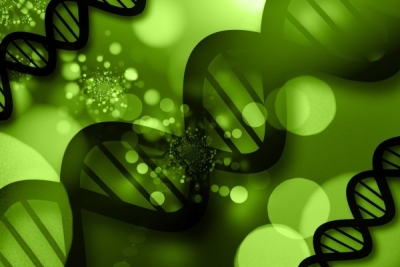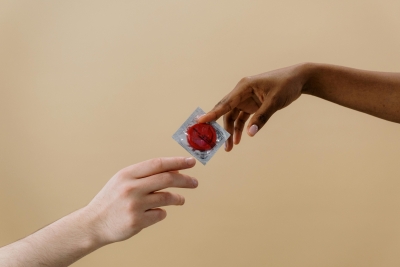Environmental and lifestyle factors negatively impact the fertility of men and women. Worldwide, mainly in developing countries, 186 million people suffer from this disease characterized by the inability of a couple to conceive after 1 year of having unprotected sex.
It is estimated that infertility affects about 15% of couples of reproductive age worldwide and in almost half of the cases male infertility is the sole cause or a determining factor for this to occur.
Deterioration in semen quality directly impacts a couple's reproductive potential. Studies have evaluated that, for about forty years, there has been a significant drop in sperm concentration (113 million/ml to 66 million/ml) and in men's semen volume (3.40 ml to 2.75 ml). Furthermore, research has revealed changes in semen quality over time, between 1976 and 2009, with a significant decrease in total sperm count (443 to 300 million), their mobility (64% to 49%) and vitality ( 99% to 80%).
Among the main factors that affect male fertility are sedentary behavior, unhealthy eating, obesity, as well as testicular dysfunction, age, illness and lifestyle issues such as stress, restrictive diets and consumption of alcohol and other drugs.
Alcohol and male infertility
It is also known that drinking can have a direct effect on testosterone metabolism and spermatogenesis, producing morphological changes in sperm.
A study of nearly 30,000 participants found a significant relationship between alcohol consumption, semen volume, and sperm morphology and motility. In this sense, it was observed that the consumption of alcoholic beverages can lead to a reduction in semen volume and sperm concentration, in addition to a decrease in testosterone levels.
The first reports on the effect of drinking alcohol on male sterility appeared about 30 years ago and showed that more than 50% of heavy drinkers had stopped spermatogenic activity, that is, a suspension in the process of forming new sperm. When comparing daily drinkers with occasional drinkers, research showed that hormonal changes were significantly worse in patients in the daily drinker group.
Furthermore, chronic and excessive alcohol intake also seems to have a detrimental effect on male reproductive hormones and semen quality: research shows that infertile patients who consume alcohol daily have significantly worse semen quality and hormonal characteristics.
Another important finding observed in studies is that, when associated with smoking, alcohol consumption impairs the integrity of sperm DNA, as a result of the oxidative stress effect.
The exact reason why alcohol impacts male fertility so significantly has not yet been discovered. Some researchers note that heavy drinkers have significantly higher concentrations of leukocytes in their seminal fluid. What can be said is that lifestyle-related factors are determinant for male infertility today, so avoiding these habits or completely suspending them can certainly provide better results to those who are looking to conceive.











